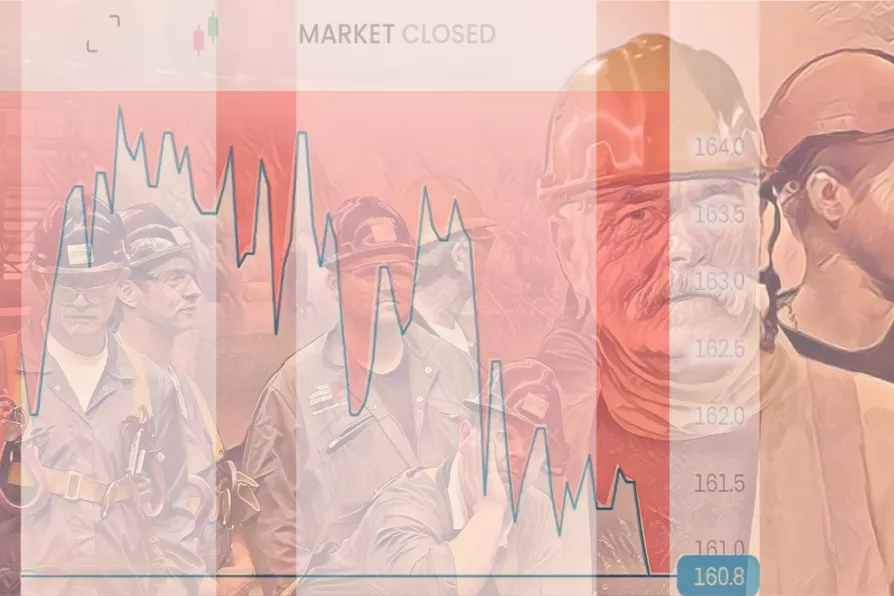RAMZY BAROUD on how Israel’s narrative collides with military failure

 Regular crises typically happen every five or six years — it was this, Marx said, that proves the labour theory of value in the same way as the collapse of a badly built house proved the law of gravity.
Regular crises typically happen every five or six years — it was this, Marx said, that proves the labour theory of value in the same way as the collapse of a badly built house proved the law of gravity.
DESPITE Gordon Brown’s boast to have ended “boom and bust” capitalism is — and has always been — cyclical. Periodic crises — cycles of growth and decay, of profit and loss for the owners of capital, of victories and defeats for the struggles of working people — are inherent in capitalism.
This was first recognised in the early 19th century by the French economic historian Jean Sismondi. Sismondi challenged earlier classical economists such as Adam Smith and David Ricardo who held that perfect competition would ensure smooth growth.
Sismondi, who coined the term “proletariat” to refer to the working class created under industrial capitalism, argued that cyclic mismatches of production and effective demand were caused by inequalities of income and wealth. He advocated modest state intervention to regulate working hours and progressive taxation to provide unemployment and sickness insurance and pensions. In England, his ideas were taken up by Robert Owen who argued for a form of paternalistic socialism.





The US president’s universal tariffs mirror the disastrous Smoot-Hawley Act that triggered retaliatory measures, collapsed international trade, fuelled political extremism — and led to world war, warns Dr DYLAN MURPHY













